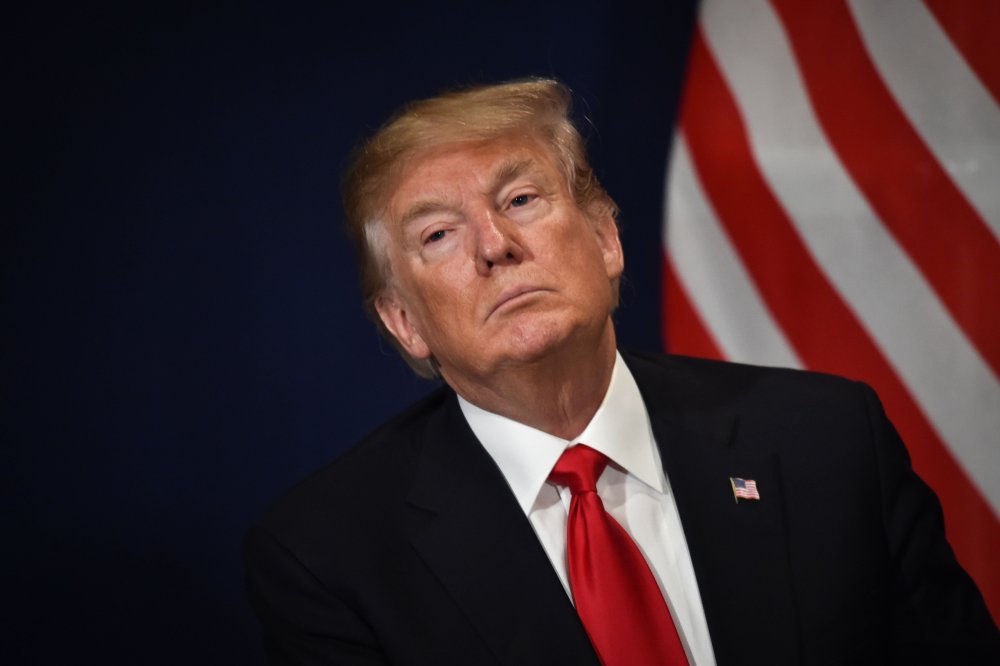When Donald Trump met privately with then-FBI Director James Comey the week after the president’s inauguration, he reportedly told Comey, “I need loyalty, I expect loyalty.”
About four months later, after having fired Comey in the hopes of undermining an ongoing federal investigation, the president met privately with then-FBI Deputy Director Andrew McCabe. After exchanging pleasantries, Trump had a question for the bureau leader: Whom did he vote for in the 2016 election? (McCabe found the interaction “disturbing.”)

And six months after that, according to reports from CNN, ABC News, and the New York Times, the Republican president had a related question for Deputy Attorney General Rod Rosenstein.
Deputy Attorney General Rod Rosenstein visited the White House in December seeking President Donald Trump’s help. The top Justice Department official in the Russia investigation wanted Trump’s support in fighting off document demands from House Intelligence Chairman Devin Nunes.
But the President had other priorities ahead of a key appearance by Rosenstein on the Hill, according to sources familiar with the meeting. Trump wanted to know where the special counsel’s Russia investigation was heading. And he wanted to know whether Rosenstein was “on my team.”
When the president seemed to obstruct justice by pressuring Comey in January 2017, some White House allies basically came up with the Amateur Excuse: Trump, new to any form of public service, had no idea it was wrong for a president to make loyalty demands to the director of the FBI. He was, according to the argument, new to this, so it’s unreasonable to expect him to know that obstruction of justice is wrong.
But Trump’s loyalty appeals to Rosenstein were in December — as in, a point at which the president had already been in office for 11 months and could no longer plead ignorance.
Making matters slightly worse, CNN’s report added that Rosenstein, at the time, was preparing to testify before the House Judiciary Committee. The president took it upon himself to “suggest questions to members of Congress” that they could ask the deputy attorney general who’s overseeing the Trump-Russia investigation.












